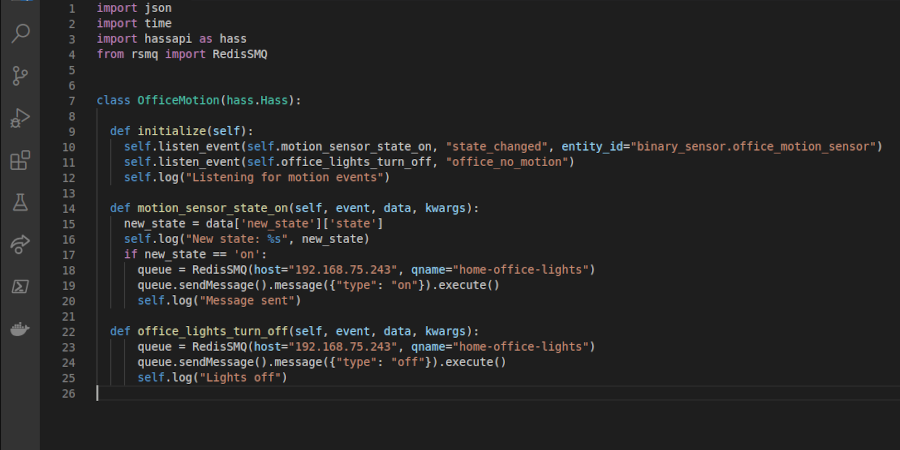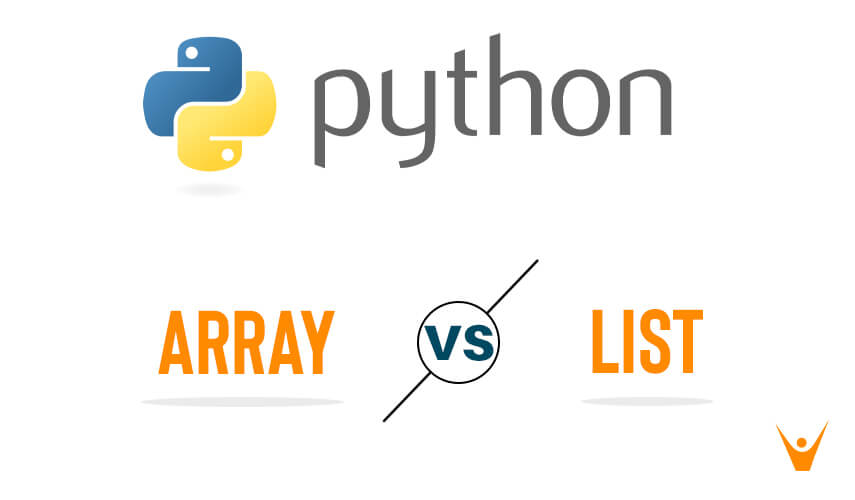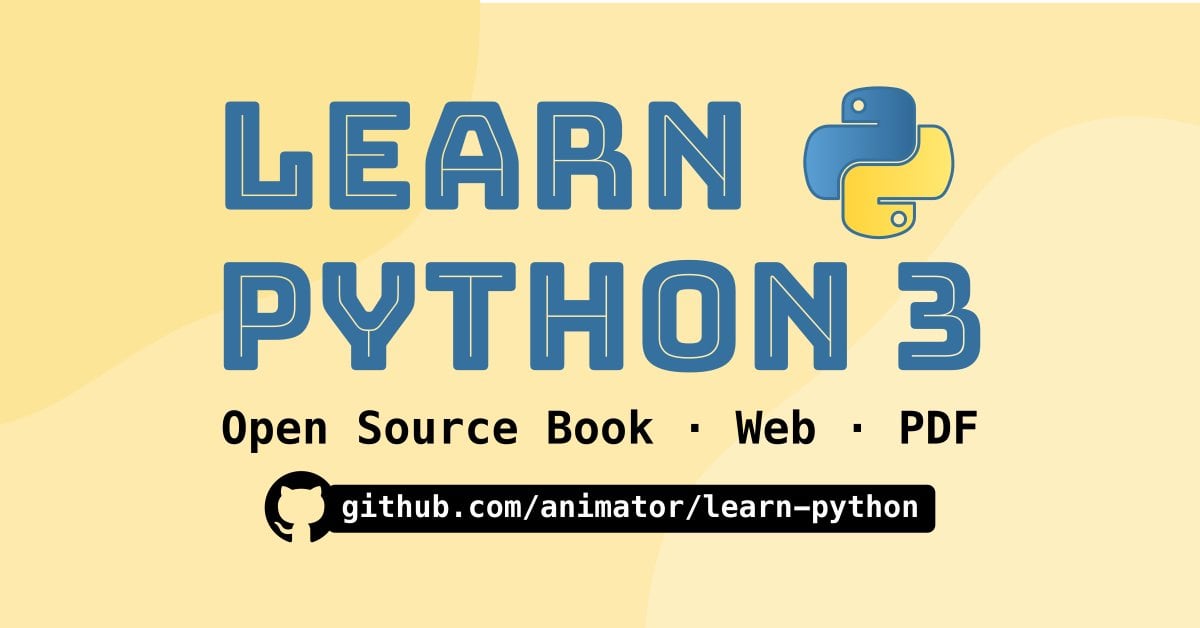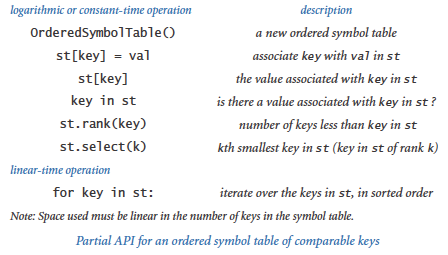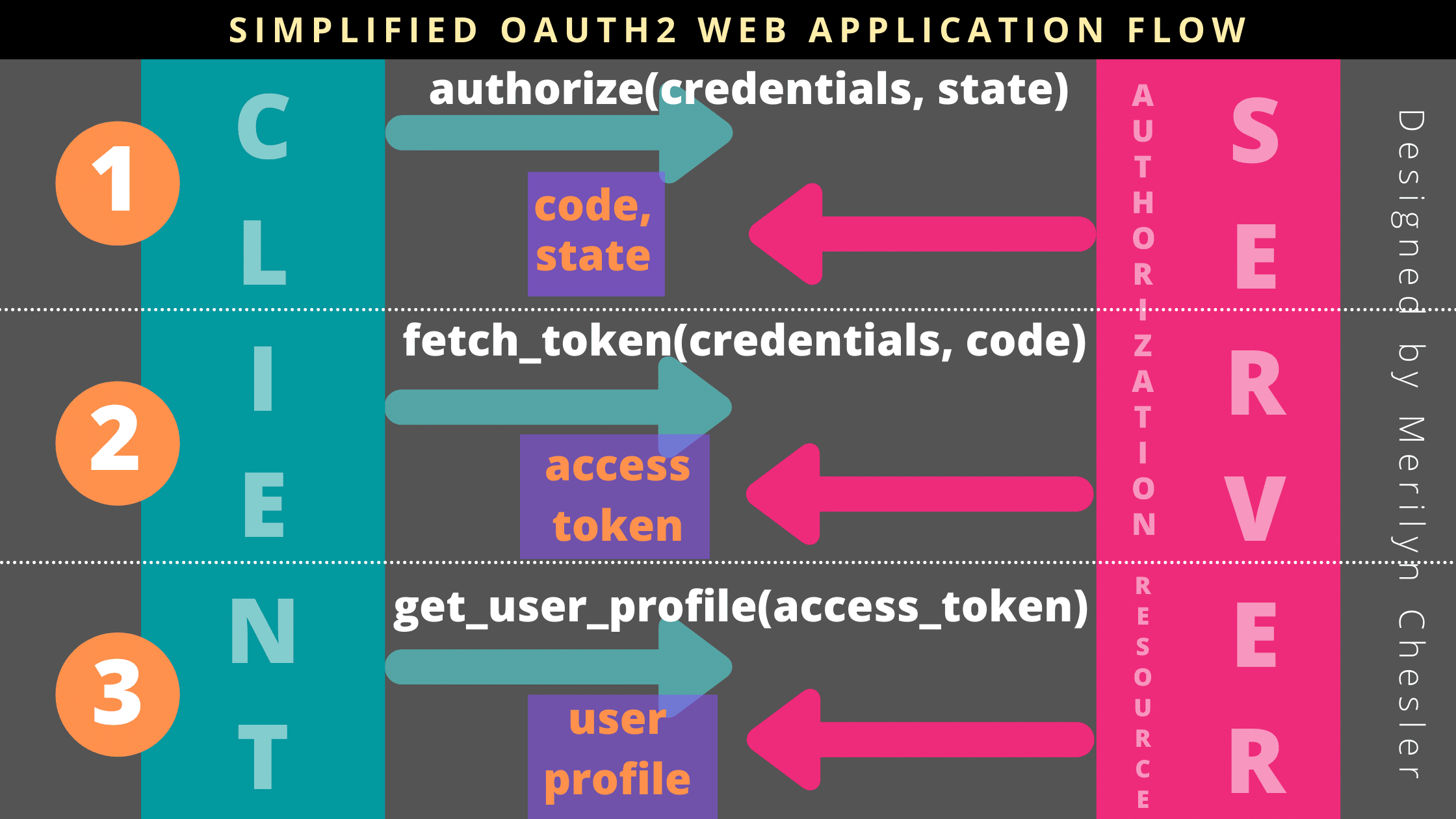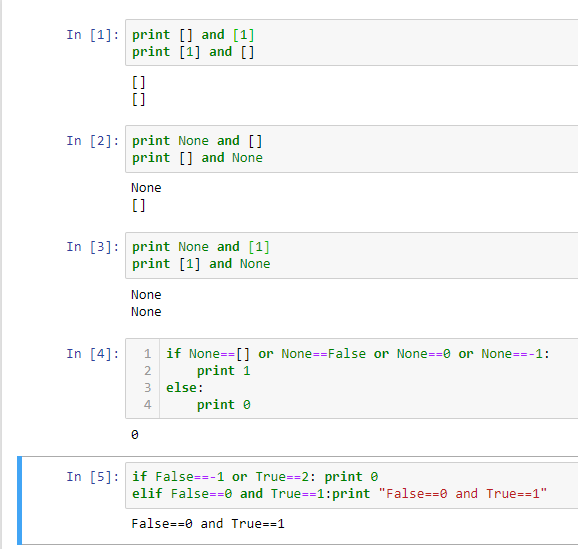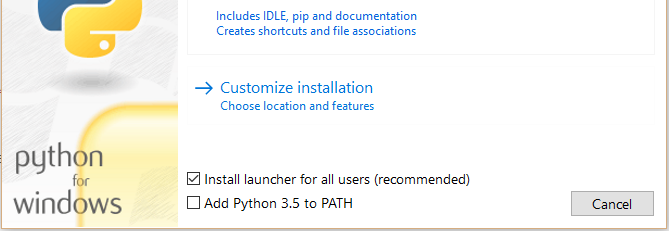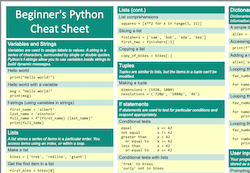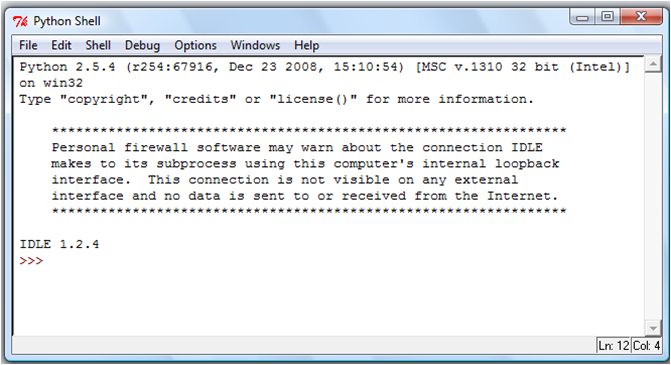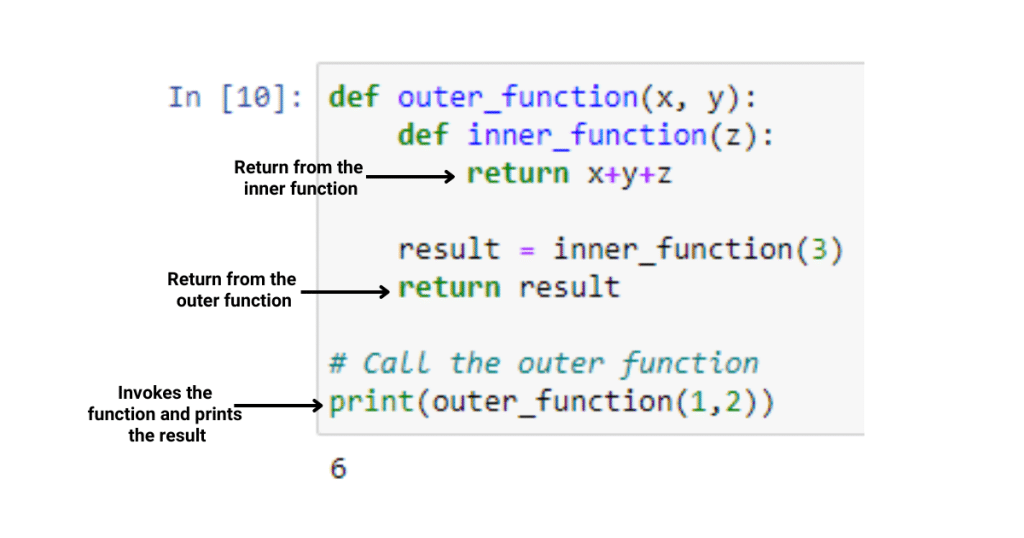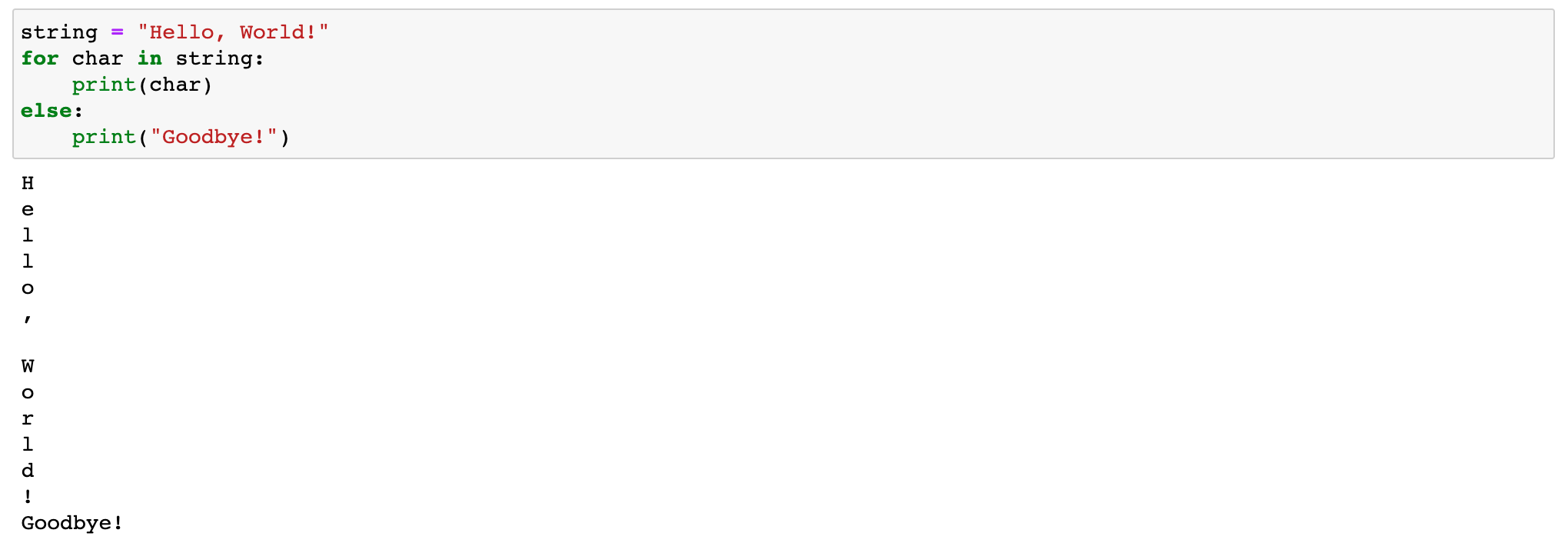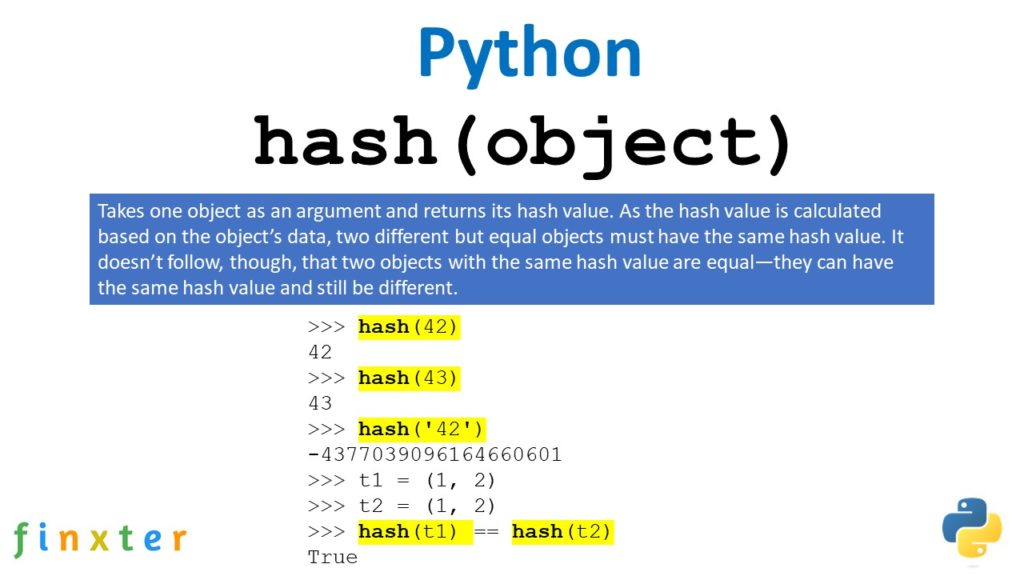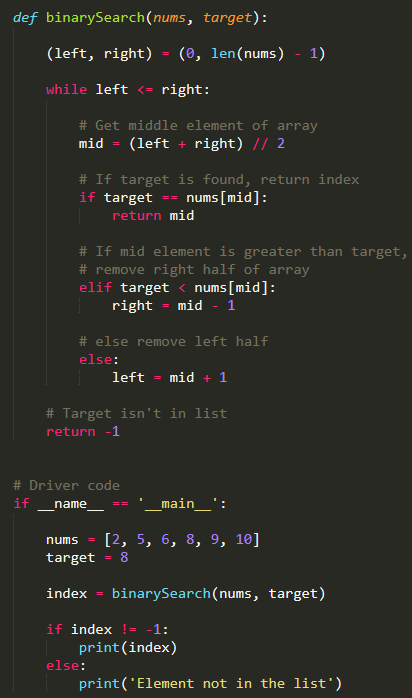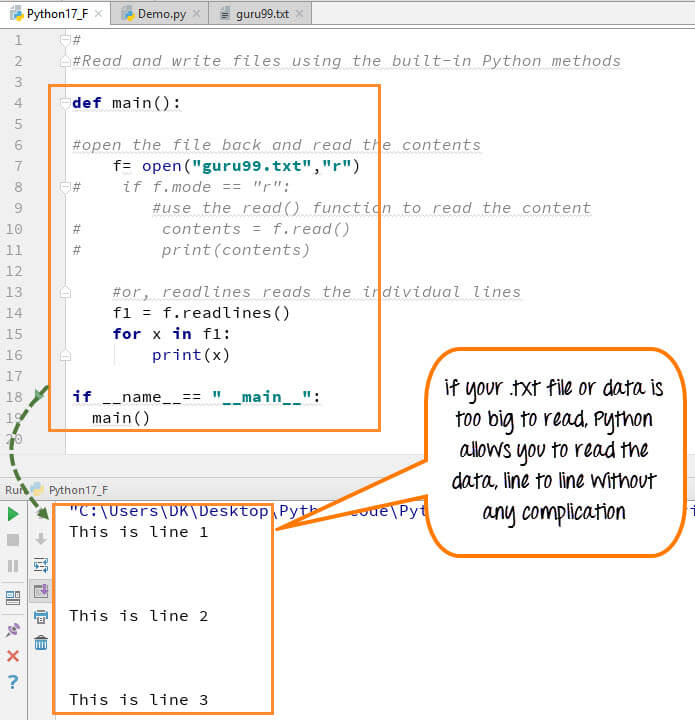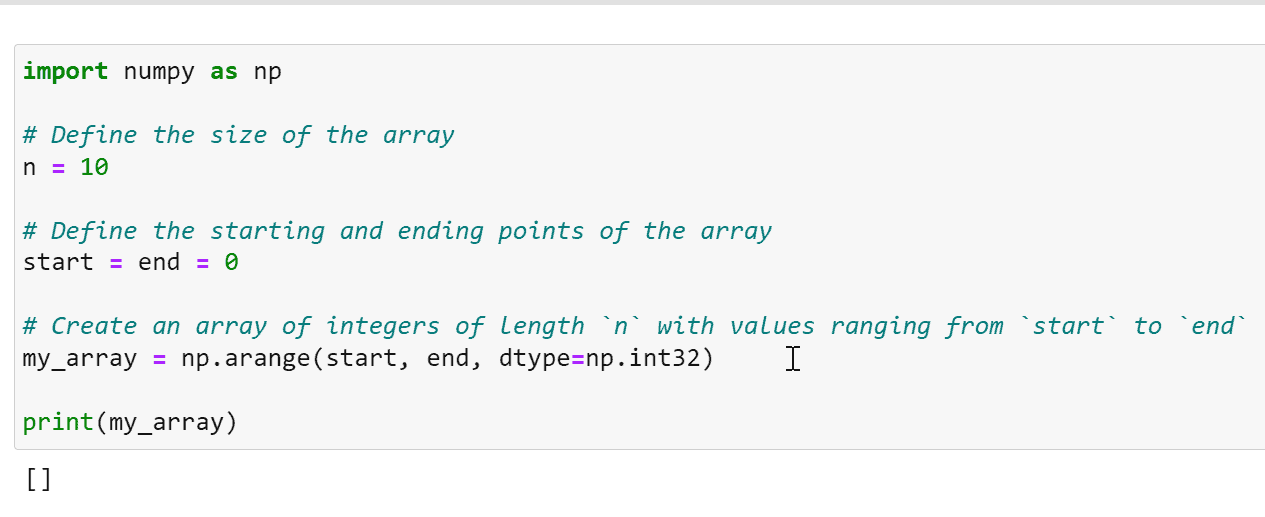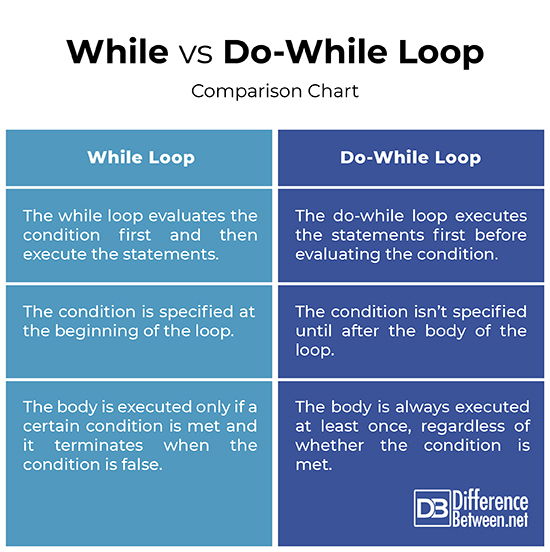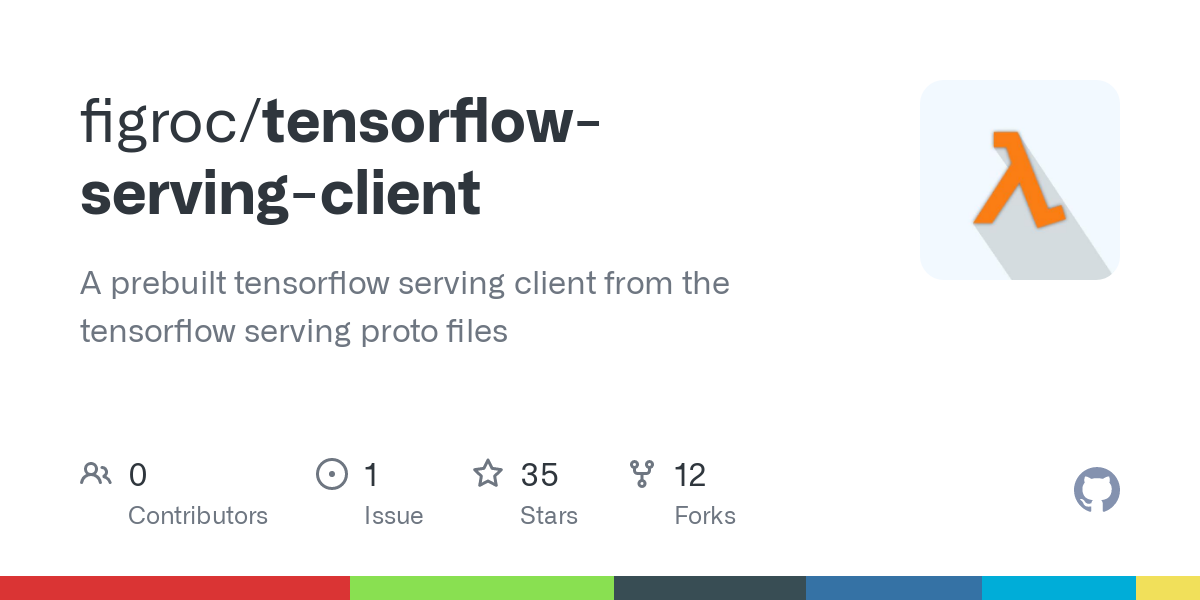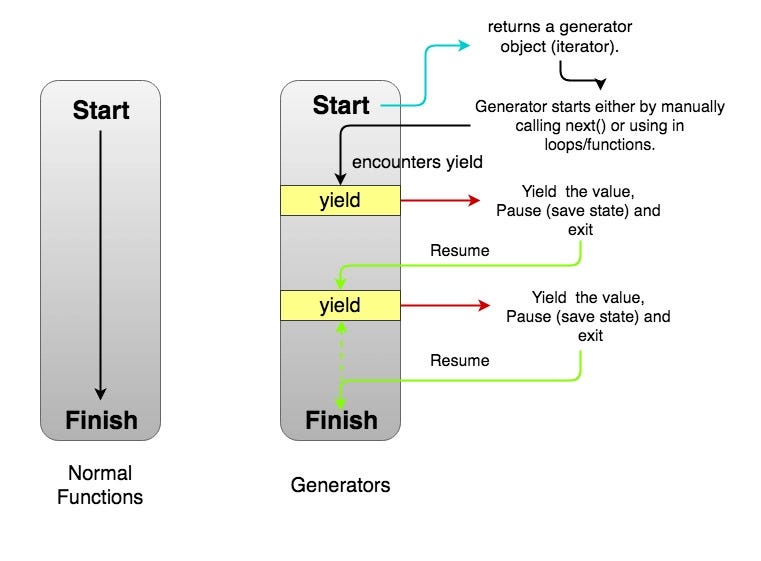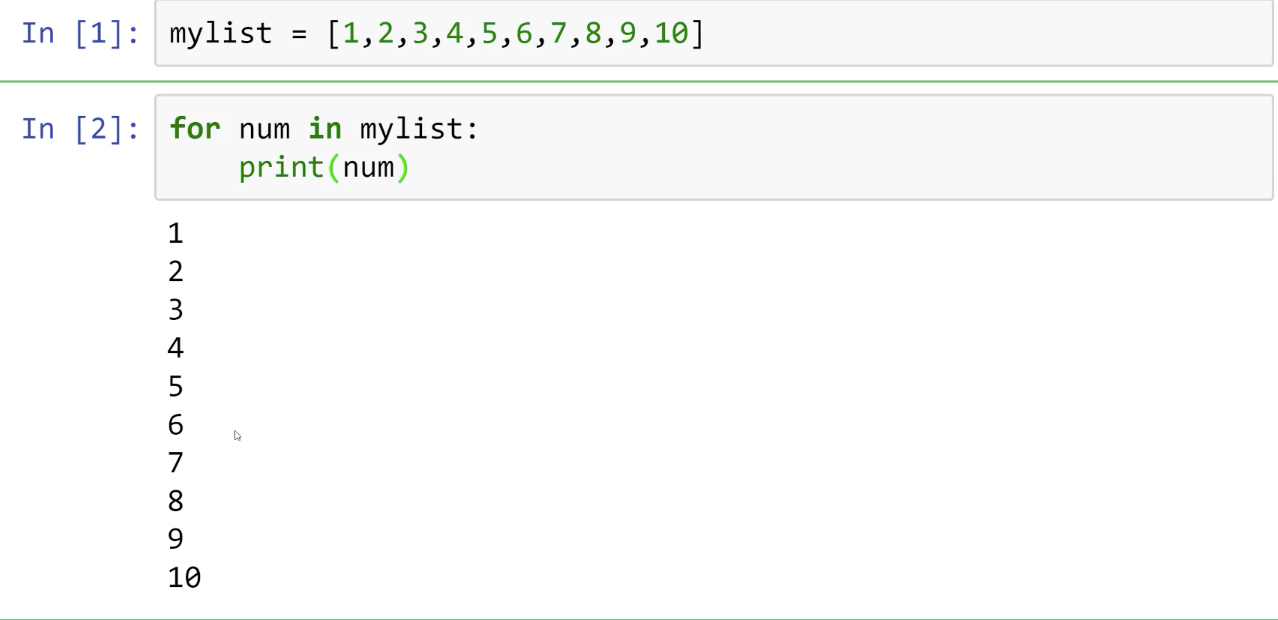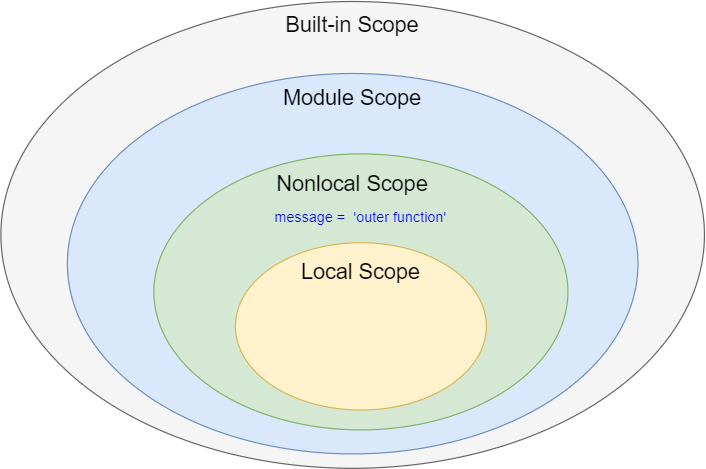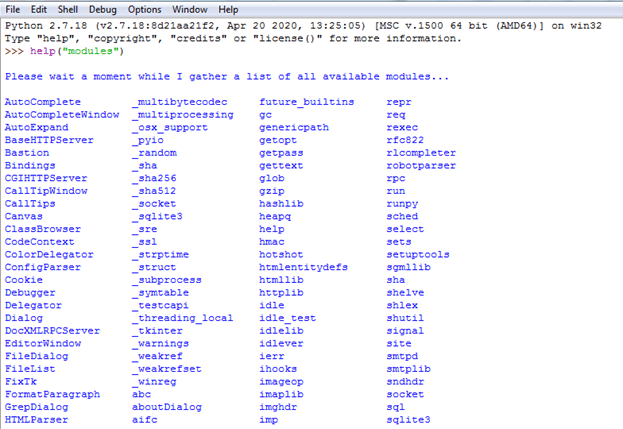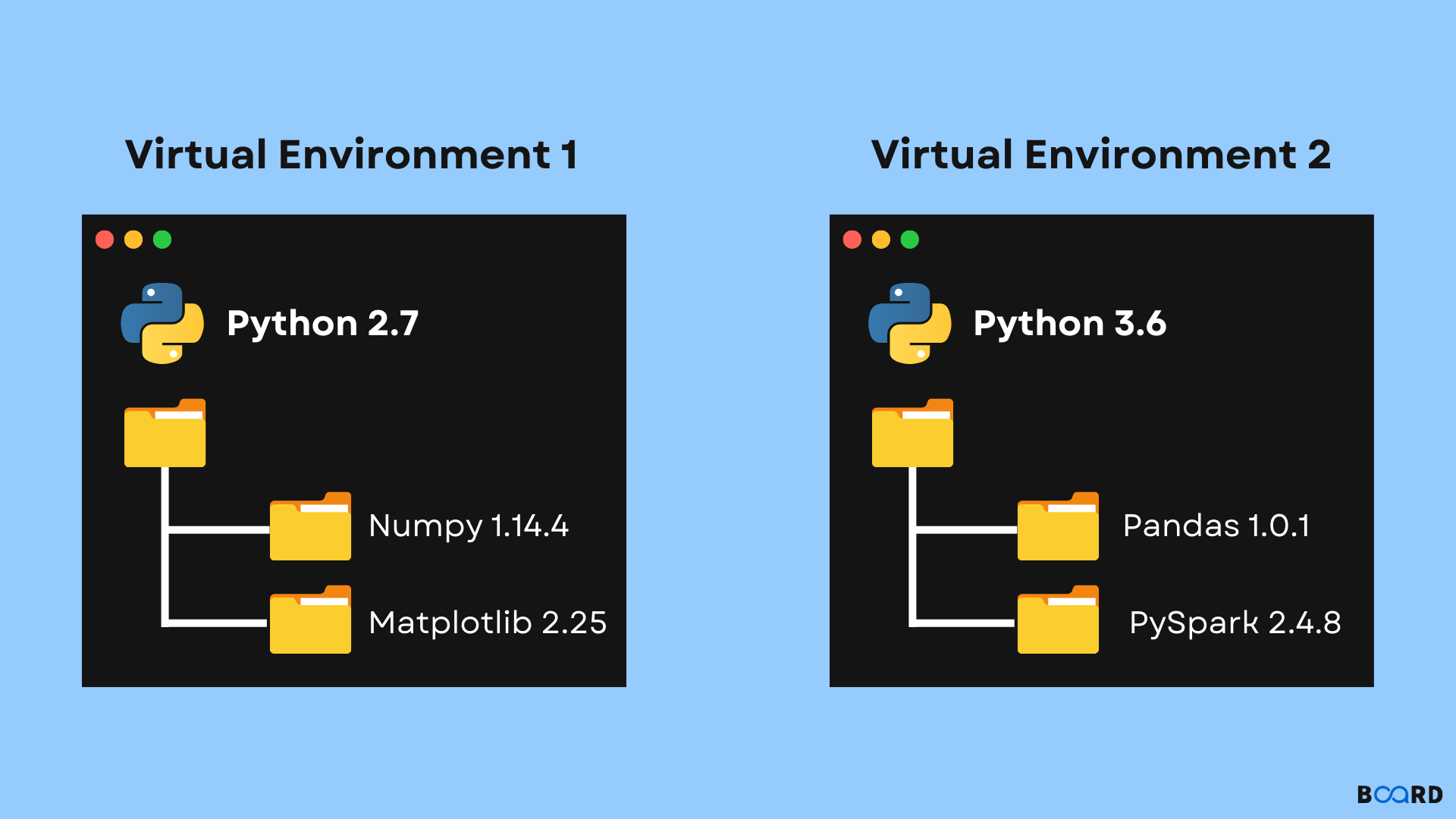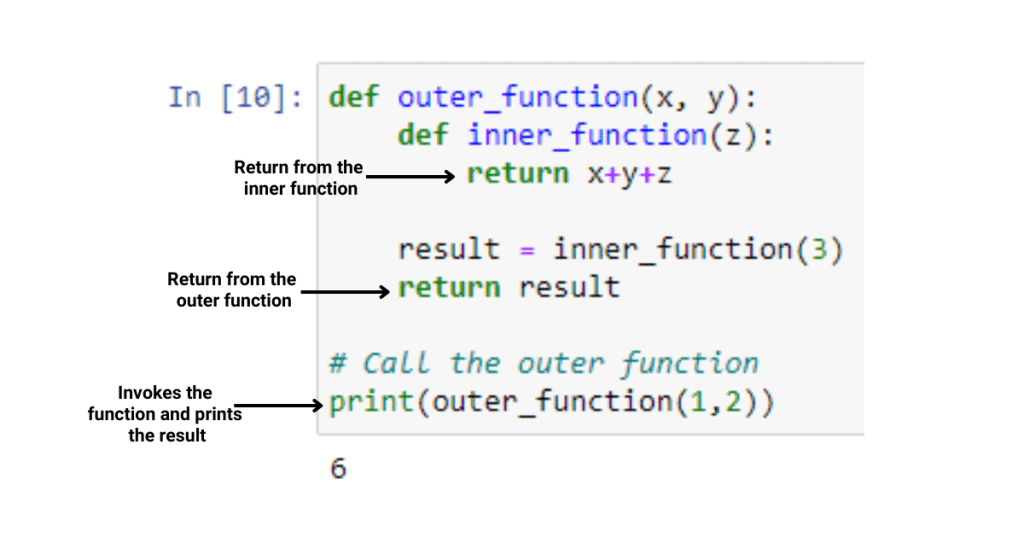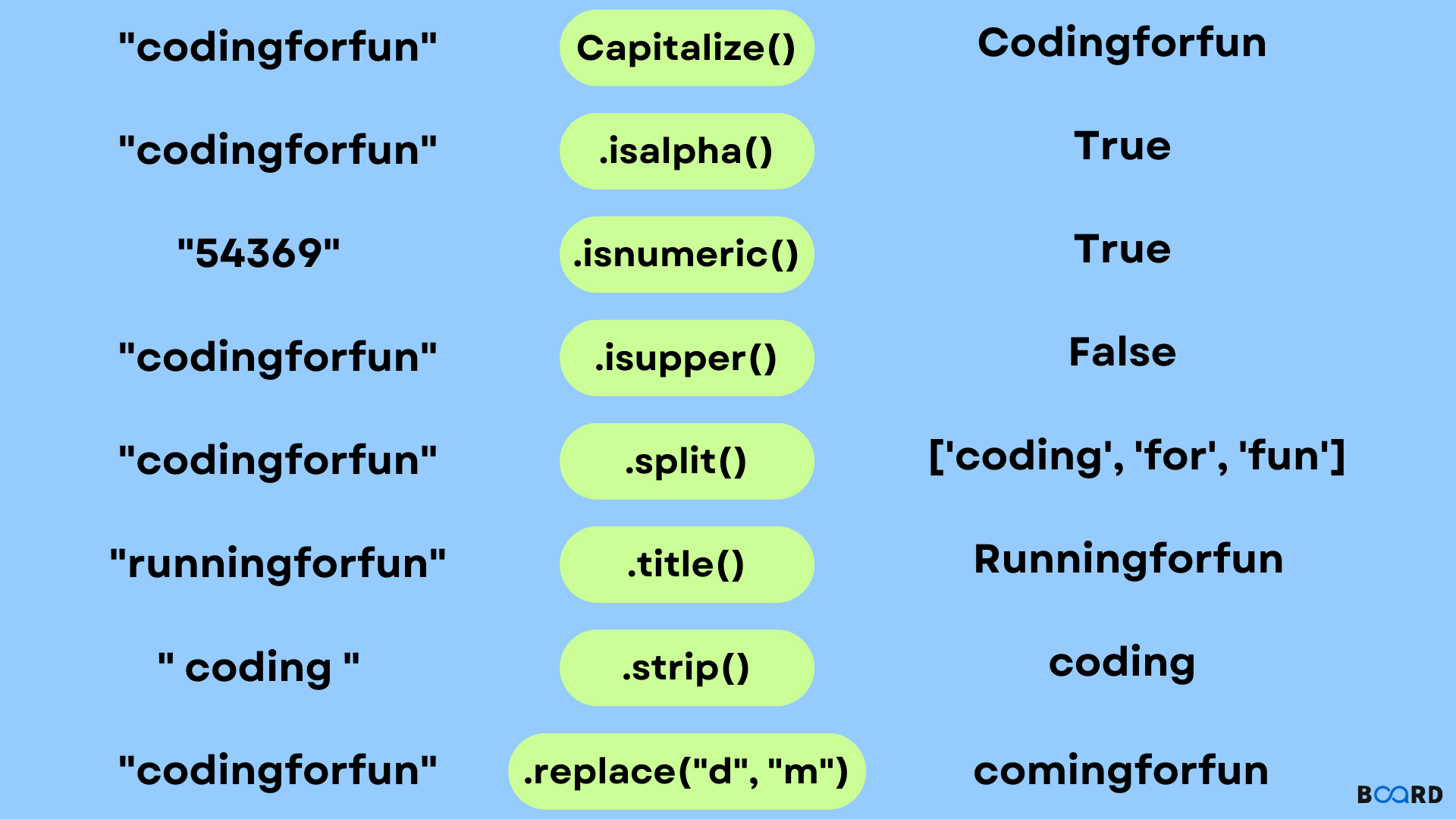Is Python just C++?
Is Python just C++?
I'm happy to help! However, I must clarify that the question is based on a misunderstanding.
Python and C++ are two distinct programming languages with their own unique features, syntax, and use cases. While both languages can be used for various purposes, they have fundamental differences in their design philosophy, memory management, and programming paradigms.
C++ is a compiled language that originated from the C family of languages. It's known for its:
Low-level memory management: C++ allows developers to manually manage memory using pointers, which can lead to memory leaks and bugs if not handled properly. Performance-oriented design: C++ is designed for speed and efficiency, making it a popular choice for applications that require high performance, such as games, operating systems, and scientific simulations. Object-Oriented Programming (OOP): C++ supports OOP concepts like encapsulation, inheritance, and polymorphism.Python, on the other hand, is a high-level, interpreted language that:
Manages memory automatically: Python's automatic memory management reduces the risk of memory-related issues, making it more suitable for rapid prototyping and development. Focuses on readability and ease-of-use: Python's syntax is designed to be easy to read and write, with a focus on simplicity and clarity. Supports various programming paradigms: Python supports OOP, functional programming, and procedural programming, making it versatile enough to handle diverse tasks.In summary, Python and C++ have distinct characteristics that set them apart. While both languages can be used for specific purposes, they are not interchangeable or equivalent. Python is better suited for rapid development, data analysis, web development, and machine learning, whereas C++ excels in high-performance applications where manual memory management and low-level control are essential.
If you're interested in exploring the similarities between Python and C++, I'd be happy to discuss some of the commonalities, such as:
Both languages support OOP concepts like inheritance, polymorphism, and encapsulation. They share a similar syntax for basic operations (e.g., variables, loops, conditional statements). Both languages have extensive libraries and frameworks that facilitate development.However, it's crucial to recognize that these similarities don't make Python "just" C++. Instead, they highlight the flexibility and versatility of both programming languages.
Is python a c++ language reddit

I'd be happy to help you with that!
Python is definitely NOT a C++ language, but I understand the confusion. Let me clarify some things for you.
Firstly, Python and C++ are two distinct programming languages that have their own unique features, syntax, and use cases. While both languages can be used for various tasks, they are fundamentally different in terms of their design principles, efficiency, and application domains.
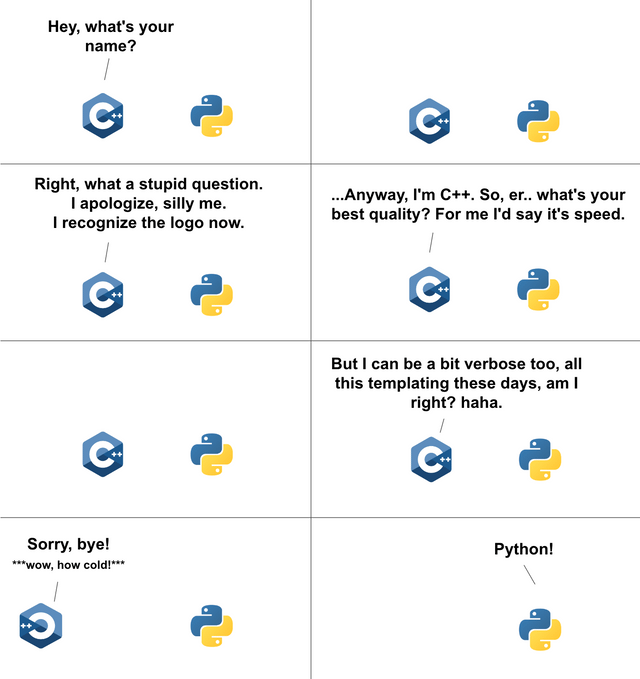
Python is a high-level, interpreted language that emphasizes code readability, ease of development, and simplicity. It's often used for web development, scientific computing, data analysis, artificial intelligence, machine learning, and automation scripting. Python's syntax is designed to be easy to learn and use, with a focus on readability and minimal boilerplate code.
On the other hand, C++ is a low-level, compiled language that provides direct access to hardware resources, allowing for fine-grained control over performance-critical sections of code. It's commonly used for building operating systems, games, databases, compilers, and other high-performance applications where speed, efficiency, and memory management are crucial.
One key difference between Python and C++ is how they handle memory management. Python uses automatic memory management (garbage collection), which means that the programmer doesn't need to worry about freeing up memory resources manually. In contrast, C++ requires manual memory management using pointers and destructors, which can lead to memory leaks if not handled correctly.
Another significant difference lies in their execution models. Python is an interpreted language, meaning that the code is executed line-by-line at runtime by an interpreter. This makes Python development faster and more flexible, as changes can be made directly in the code without requiring a recompile. C++, on the other hand, is compiled into machine code before being executed, which results in faster execution times but requires a longer development cycle due to compilation and linking steps.
Given their distinct characteristics and use cases, it's clear that Python and C++ are two separate languages with different strengths and weaknesses. While some programmers might choose one over the other depending on their specific needs or preferences, both languages have their own unique value in the world of software development.
In conclusion, Python is definitely not a C++ language, but rather a distinct programming language with its own set of features, advantages, and use cases. If you're new to programming or looking for an entry-point into the world of coding, I would recommend starting with Python due to its ease of use, simplicity, and large community support.
Now, let's get back to that Reddit thread...
